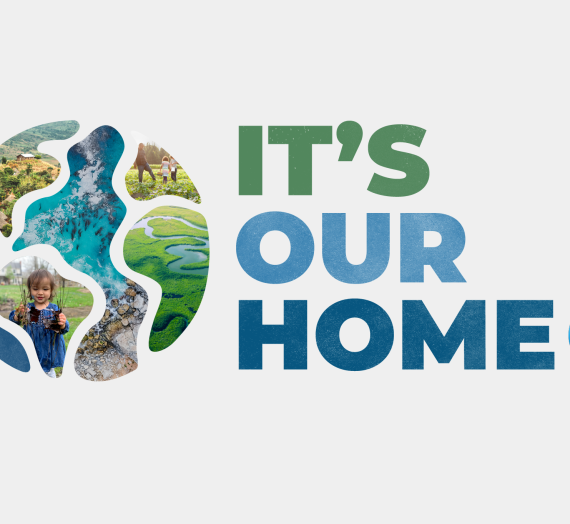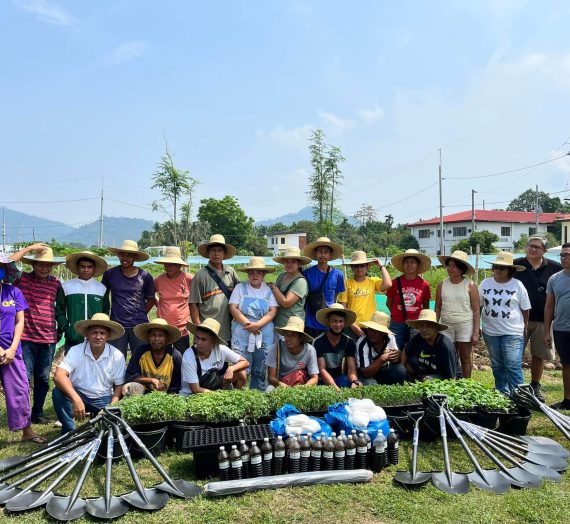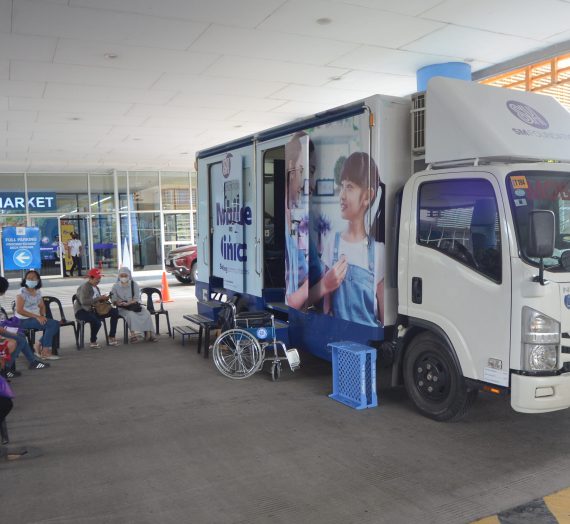In an effort to further push the Philippines towards adopting a sustainable lifestyle, WWF-Philippines, as part of the German Governments’ International Climate Initiative, is implementing a pioneer project that focuses on three key tourism cities-Quezon City, Tagaytay City, and Cebu City. This project entitled, “The Sustainable Tourism”, will run until February 2021 and aims to transform the food service sector into a low carbon industry through the awareness and adoption of sustainable approaches.
The goals of this project are to raise awareness about the environmental impacts of food, increase the number of healthy and eco-friendly dishes in restaurants, and to reduce food waste. The project makes use of a multi-sectoral approach by engaging the government, restaurants, and the dining public. Efforts focused on the dining public revolve around putting up interactive exhibits to better explain what sustainable dining is, participating in talks and seminars to talk about the project and the current issues on food sustainability, conducting media trips to generate awareness-raising content, and creating teaching manuals focused on introducing sustainability and sustainable dining to students.
By becoming a “Sustainable Diner”, you help sustain our ability to grow food, produce food, and build climate-resilient food systems for us and the next generations. But is it going to be easy?
The Challenges:
- 3.6M families experienced involuntary hunger at least once in 3 months. (SWS, 2017)
- 8% of annual total greenhouse gas emissions come from global food loss and waste almost parallel the global road transport emissions.
- Filipinos waste rice enough to feed 4.3M Filipino people. The amount of which can feed the population of Laguna and Bohol, combined.
If there are challenges, of course, there will always be opportunities. One is the willingness to pay more for green products and services among millennials increased from 55% in 2014 to 72% in 2015. (Nielsen, 2015). Now, more Filipinos choose to dine out than make their own meals. (Nielsen, 2014). Likewise, from 2011 to 2105, sales in food service grew from P3.59B to P3.8B. (USDA, 2015)
Achievable? I think so, with the support of everyone. The government-by integrating sustainable consumption and production principles in local and national policies; restaurants-by applying sustainable consumption and production principles in business practices and long-term operational plans, and; the dining public-by including the eco-friendliness of a restaurant’s operations and food offerings in their dining considerations.
Personally, I am looking forward to the achievement of this cause. Together, we can do this!

*********************************
About WWF
WWF-Philippines is part of the WWF Network-the world’s largest and most experienced conservation organization that operates in over 100 countries. Since it joined the WWF’s roster of national organizations in 1997, WFF-Philippines has been successfully implementing projects that find new sustainable ways of using the planet’s natural resources, with the aim of protecting the environment for both people and nature.



